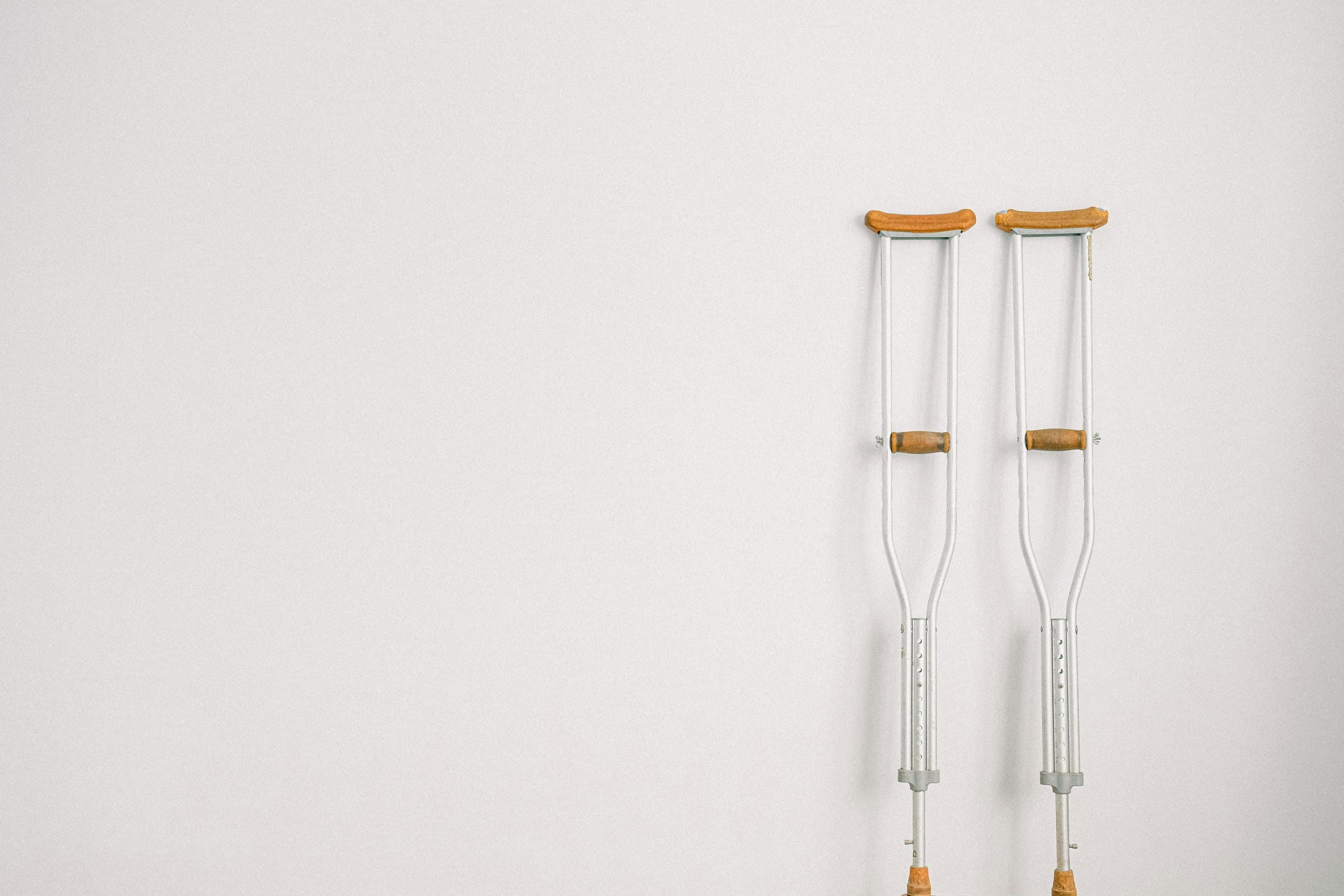Learn the Ins & Outs of Personal Injury Protection (PIP) Insurance in Maryland

What is Personal Injury Protection (PIP) Insurance?
Personal Injury Protection (PIP), also known as “no-fault” insurance, helps cover medical expenses, lost wages, and other costs after a car accident, regardless of who caused it. Unlike liability insurance, which only pays for damages to others if you’re at fault, PIP covers your expenses, providing faster financial relief when you need it. For example, if you’re rear-ended while commuting in Maryland and sustain injuries that prevent you from working, PIP can quickly cover your medical bills and compensate for lost income, so you don’t have to wait for the other driver’s insurance to determine fault. This can be especially helpful for drivers who rely on their income to cover daily expenses or who may face high out-of-pocket costs for medical treatment. In Maryland, PIP is optional, but insurers are required to offer it, and policyholders must actively decline if they don’t want it.
How Does PIP Differ from Other Auto Insurance?
Liability insurance pays for damages to others when you’re at fault, while PIP covers your medical bills and related expenses after an accident, no matter who is responsible. This means you don’t have to wait for the insurance companies to settle on fault to receive benefits, which can be vital for covering immediate medical needs and lost wages.
Maryland’s PIP Requirements and Coverage Options
In Maryland, the minimum PIP coverage limit is $2,500, though higher limits are available. Drivers can choose to waive PIP to lower their premiums, but even if waived, Maryland law requires PIP coverage for passengers and pedestrians involved in accidents with the insured vehicle. Opting out must be done in writing. While waiving PIP might save money, it also means giving up quicker access to funds for personal injuries and lost wages.
What PIP Covers in Maryland
Maryland’s PIP insurance provides four key types of benefits:
- Medical Expenses: PIP covers medical costs for the driver, passengers, and others involved, including doctor’s visits, surgery, medication, and rehabilitation. Coverage kicks in immediately after an accident, so you don’t have to wait for a claim against another driver’s insurance to be resolved.
- Lost Wages: PIP compensates up to 85% of lost wages if your injuries prevent you from working, helping to cover day-to-day expenses when income is disrupted.
- Essential Services: If you’re unable to perform tasks like house cleaning or childcare due to injuries, PIP can help pay for these services.
- Funeral Expenses: PIP also covers funeral expenses in the unfortunate event of a fatal accident, easing some of the financial burden on families during a difficult time.
Exclusions and Limitations
Though PIP covers a range of post-accident expenses, it has its limitations:
• Property Damage: PIP doesn’t cover car repairs or property damage; you’d need collision or liability insurance for that.
• Non-Economic Damages: PIP doesn’t cover pain and suffering or emotional distress. To pursue these damages, you’d need to file a claim against the at-fault driver.
• Excluded Vehicles: Vehicles like taxis, buses, and motorcycles are often not eligible for PIP coverage.
Filing a PIP Claim in Maryland
To file a PIP claim, follow these general steps:
- Report the Accident: Notify your insurer right away. You typically have one year to file a PIP claim in Maryland.
- Collect Documentation: Keep records of all accident-related expenses, including medical bills and lost wage documentation.
- Submit a Claim Form: Your insurer will require a form along with all documentation to process the claim.
Maryland’s “collateral source rule” allows you to receive PIP benefits and pursue compensation from other sources, like the at-fault driver’s insurance, without affecting your PIP claim.
Is PIP Insurance Right for You?
While PIP isn’t required in Maryland, it’s worth considering if you want quicker financial relief after an accident. For those who prefer faster access to medical and wage-loss coverage without waiting on other claims, PIP can be invaluable. However, if you’re able to handle short-term medical and income needs or rely on other types of coverage, waiving PIP could lower your premiums.
Understanding the benefits and limitations of PIP can help you make the best decision for your insurance coverage needs in Maryland. For more information, or if you have been in an accident, an experienced attorney can help you determine the best course of action. Contact the Law Offices of Nicholas Parr in Baltimore, MD today to schedule your free consultation. We don’t receive a fee unless we win.


